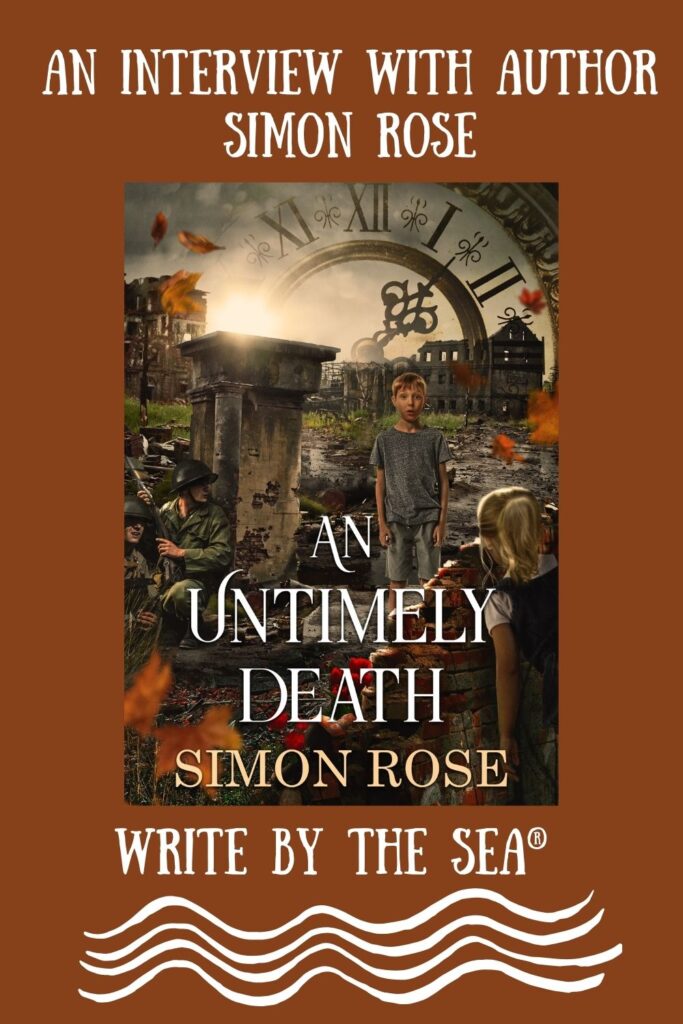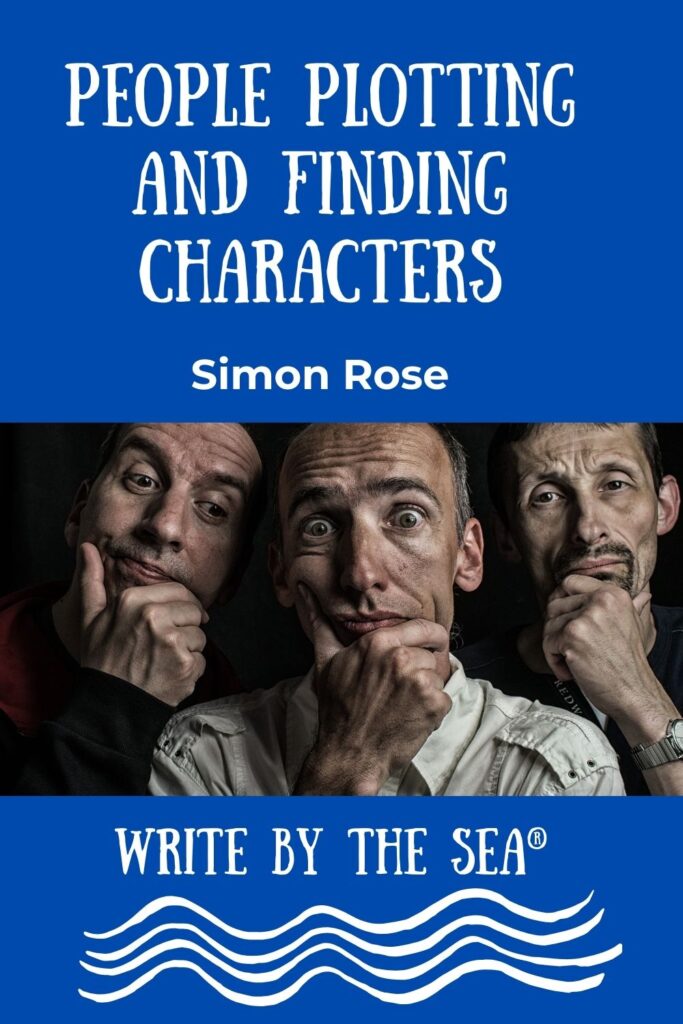by Jennifer Brown Banks
Freelance writing expenses should not be compromised on. Here’s an example:
About a year ago, I pitched a former client to proof and edit an inspirational anthology for women she was publishing.
She and I had worked well together several times before, and I simply loved being part of a project that empowered women to discover their passions and share their collective wisdom.
To my disappointment, because she had a smaller budget this time, she declined my offer.
She opted to take it on as a D.I.Y. (do it yourself) project.
Fast forward.
Eight months after our initial conversation, I finally got a “complimentary” copy of the book in my hands, and couldn’t wait to snuggle up with it for my bedtime read.
When I opened the book and started to skim through it, my heart sank.
Though the stories were interesting, diverse and truly moving, what captured my attention was not the quality of the essays, but the shabby presentation.
OMG. Page after page of typographical errors, omitted words, duplicate page numbers, and passages that were grammatically incorrect.
I honestly didn’t know whether to laugh or cry.
There were a few dozen women who had participated (some highly accomplished).
Multiply that by the number of copies likely sold and distributed to families and friends.
Add to that the review copies sent out.
Though she saved her freelance writing expenses in editing the book on her own, it “cost” her a fair amount of embarrassment in at least 26 states.
Don’t get me wrong: I have picked up books that were traditionally published with “professional” editing done that possessed errors, too.
Some even had glaring inconsistencies.
But, an error or two is acceptable.
After all, shift happens.
Ten or twenty errors, however?
The work (no matter how well-written) comes off amateurish and unworthy of serious consideration.
Here’s the moral of the story…
It’s a creative conundrum many writers face today.
How to spend less than we make.
What to handle and what to hand off.
In an uncertain economy, most of us are trying to “trim more fat” than the local butcher.
We’re looking for “value added” meals and two for one deals, to stretch our dollars, and keep up with the rising cost of living.
So, it stands to reason that we would cut our business related expenses to stay “in the black” as well.
But, despite the economic challenges and soaring prices today, when it comes to launching or maintaining a “professional” writing career, image is everything.
Don’t be “penny wise and pound foolish.” Proceed with caution.
Here’s why:
- The competition is fierce. With the advent of the Internet and blogging, (coupled with high levels of unemployment), there are more and more everyday individuals that are saturating the writing arena: from stay-at-home moms, to retirees, to displaced workers. Which means that it has become increasingly important to stand out in a POSITIVE way. Remember: “You never get a second chance to make a first impression.”
- “Cutting corners” today can have long-term consequences. For instance, a poorly self-published book could garner negative reviews on Amazon.com and impact potential sales for years to come.
- A “cheap image” often conveys a lack of success. Things like poor quality stock for business cards, or not having a professionally designed website, can turn potential clients away, or cause them to question how competent or profitable you are in your freelance business.
Here’s what you need to consider:
Though priorities and professional goals may vary, there are some general guidelines you should observe to operate in a profitable manner and make financially sound decisions that enhance future growth.
Accordingly, I polled a few writing experts and successful authors, and here they share their perspectives regarding expenses they would never “go cheap” on.
“ I pay for a tax accountant to come to my house. It’s more expensive than filing myself or walking into a franchise tax preparer, but it decreases my chances of being audited, ensures I get the maximum legal write-offs and I don’t have to worry about running home for papers, receipts, etc. that I forget.”— Wendy Burt-Thomas, Author of The Writer’s Digest Guide to Query Letters
“ I always invest in good editing. I find that I have to get away from my own work and view it through the eyes of objective parties.”— Marcie Hill, M.S., Author of 62 Blog Posts to Overcome Blogger’s Block
“Technical support and computer back-up is crucial. I once lost countless hours of clients’ work and related files when I was hit by an unexpected “virus” on my system. Hindsight is 20/20!”–Elaine Brown, Popular blogger and veteran scribe
“Improving my skills is the one area where I don’t go cheap. So, I’m always taking online classes or attending writing workshops in an effort to improve my craft.”—Stephanie Gates, M.Ed., Teacher and education writer
When it comes to operating “lean and mean” in your freelance business, here’s the skinny: “You’ve got to spend money to make money.”
Invest in your success.
Don’t compromise on freelance writing expenses, especially editing.
Click here for things to not expense.
About Jennifer Brown Banks
 Jennifer Brown Banks is a veteran freelance writer, creative strategist, award-winning blogger and columnist.
Jennifer Brown Banks is a veteran freelance writer, creative strategist, award-winning blogger and columnist.
Her publishing credits include: Pro Blogger, Daily Blog Tips, Write to Done, Men With Pens, Writing-World, Tiny Buddha, and other top-tier sites.
She holds a bachelors degree in Business Management.
Banks teaches writers and businesses how to “work smarter, not harder” and increase their bottom line at her “Top 25 Writing Blog” – Pen and Prosper.





